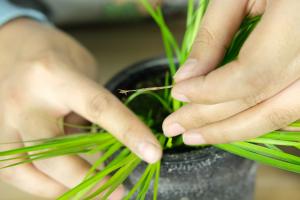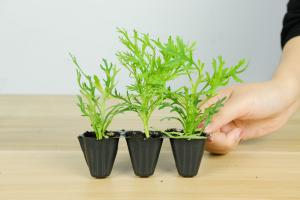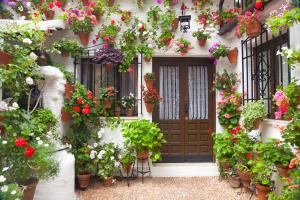1、 Curing method
1. Temperature: between 20 and 28 degrees is suitable. Too hot environment is not suitable for it, especially when it is in the seedling stage, it is most sensitive to temperature. At this time, it must not be in too hot environment. In addition, its cold resistance is not good, and the wintering temperature needs to be between 8 and 10 degrees

2. Light: it is a plant that does not like sunshine. Wild Dendrobium nobile is generally distributed in wet and cool places. Therefore, there can be no strong light in any season, especially when the sunshine is strong in summer. It can provide some astigmatism, but the sunshine time is not too long
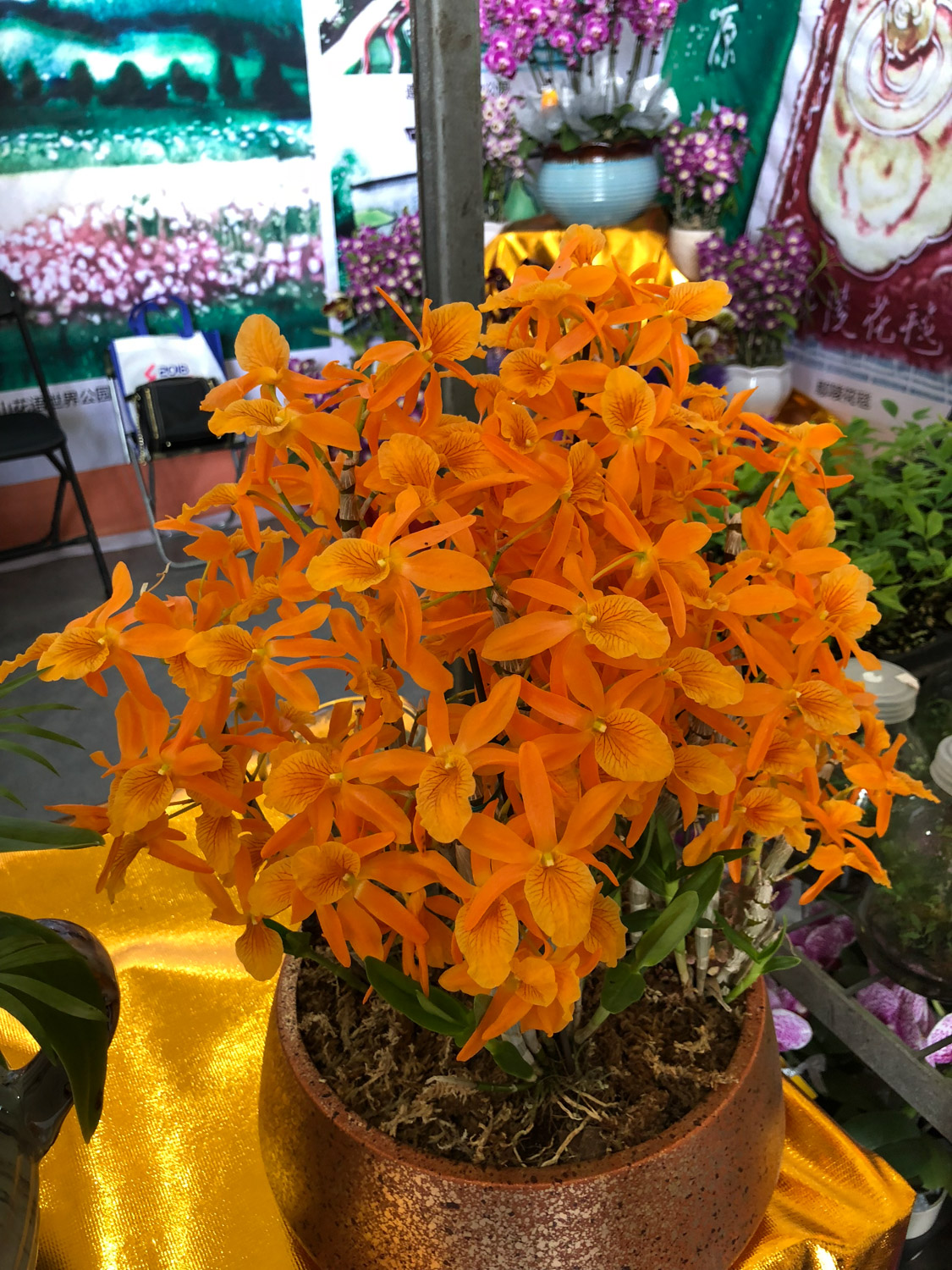
3. Watering after planting: watering can be used to supplement water. After that, you can add water normally, once a day when you grow vigorously, and twice a day in hot summer. In winter, it will be in dormancy, and water control is needed at this time
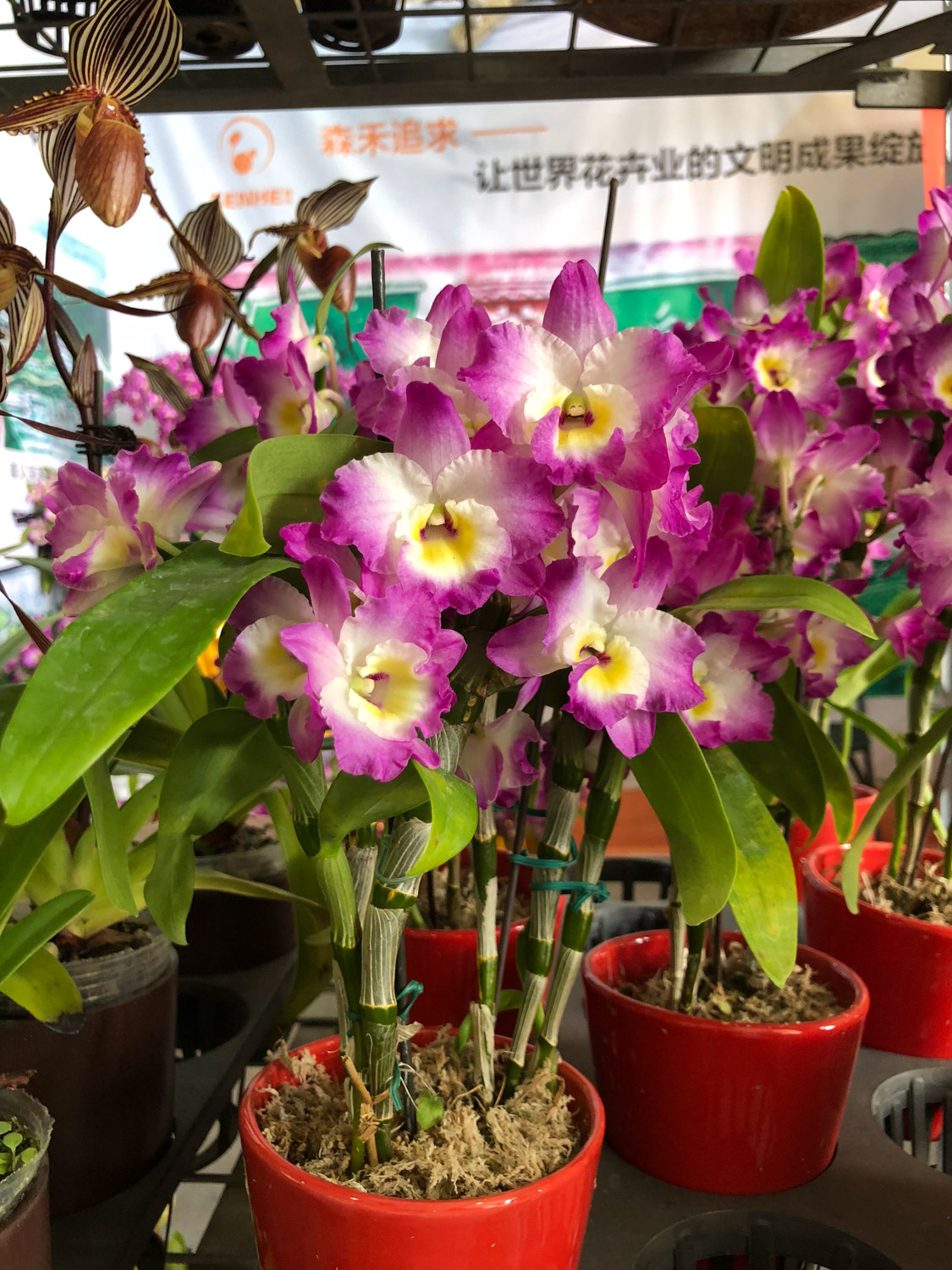
4. Fertilization: Generally speaking, all kinds of foliar fertilizer are used, which is sprayed once a week or ten days. In addition, topdressing outside the root should also be carried out at the same time
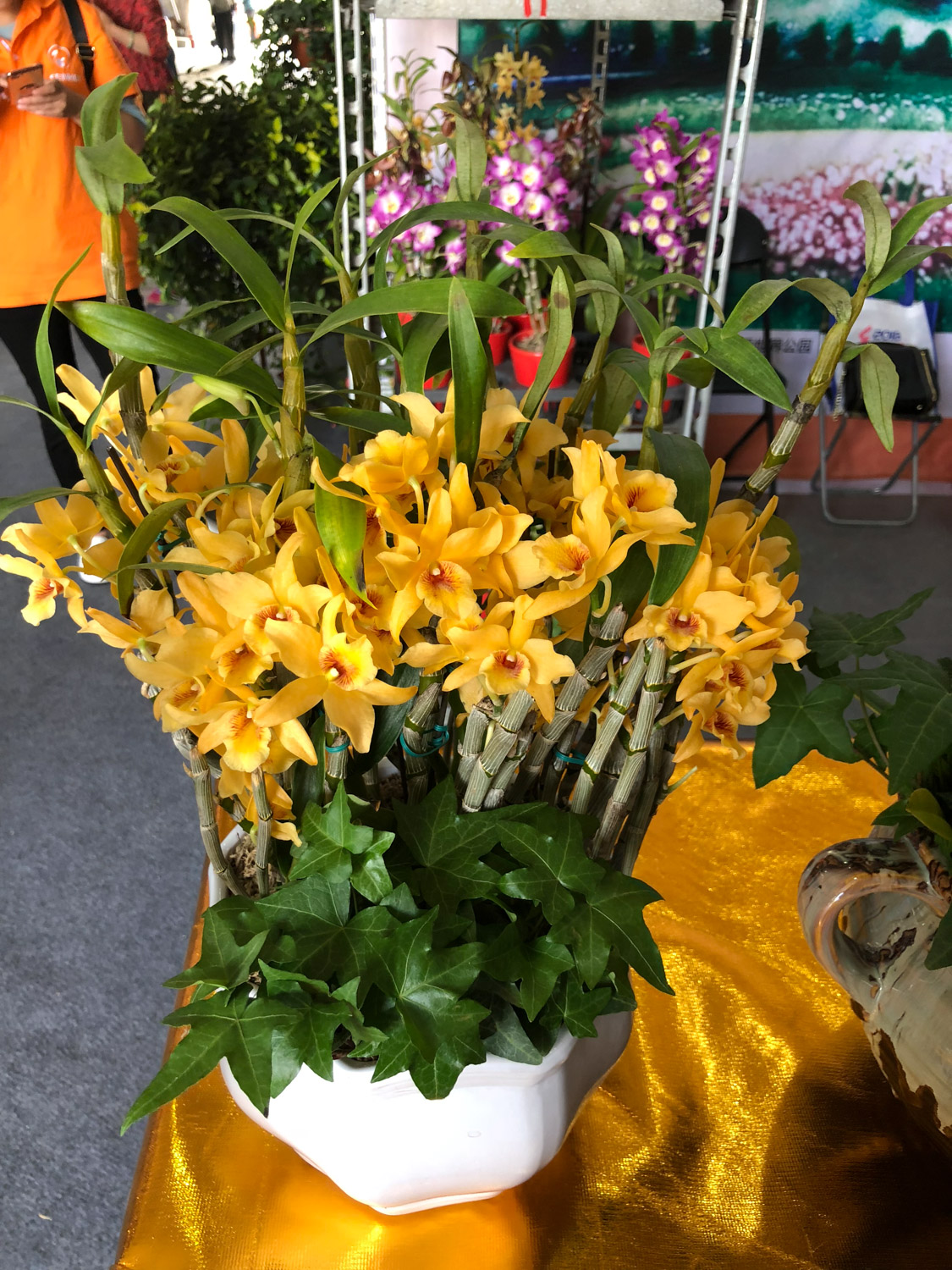
2、 Breeding skills
1. Propagation: cutting method can be used, which can be carried out together with the step of changing pots. Select the succulent stem as the material and cut it into several small sections, with at least two to three sections on each part. It can be treated with plant ash before planting. Then put it in a semi cloudy and humid place. After a month or two, new buds will grow

2. Pruning: for all kinds of Dendrobium, the canopy density is best to be about 60%. Therefore, it is necessary to often trim the resurrected parts to avoid too much shade. Generally speaking, it is more appropriate to carry out in spring, cutting off the sick and weak stems

3、 Problem diagnosis and treatment
1. Disease: common is "black spot", which is the most harmful to young leaves and can be controlled with Bordeaux liquid. There is also "anthrax", which can be controlled by carbendazim

2. Insect pests: the two common pests are "non shield scale" and "snail", which may occur many times in a year. The former can be controlled by dimethoate emulsion, while the latter can be controlled by quicklime

4、 Other issues
1. Toxicity: it is not toxic

2. Flower language: Dendrobium nobile also has flower language. Its flower language is "strong disposition", "loyal and amiable", which means better


 how many times do yo...
how many times do yo... how many planted tre...
how many planted tre... how many pine trees ...
how many pine trees ... how many pecan trees...
how many pecan trees... how many plants comp...
how many plants comp... how many plants can ...
how many plants can ... how many plants and ...
how many plants and ... how many pepper plan...
how many pepper plan...
